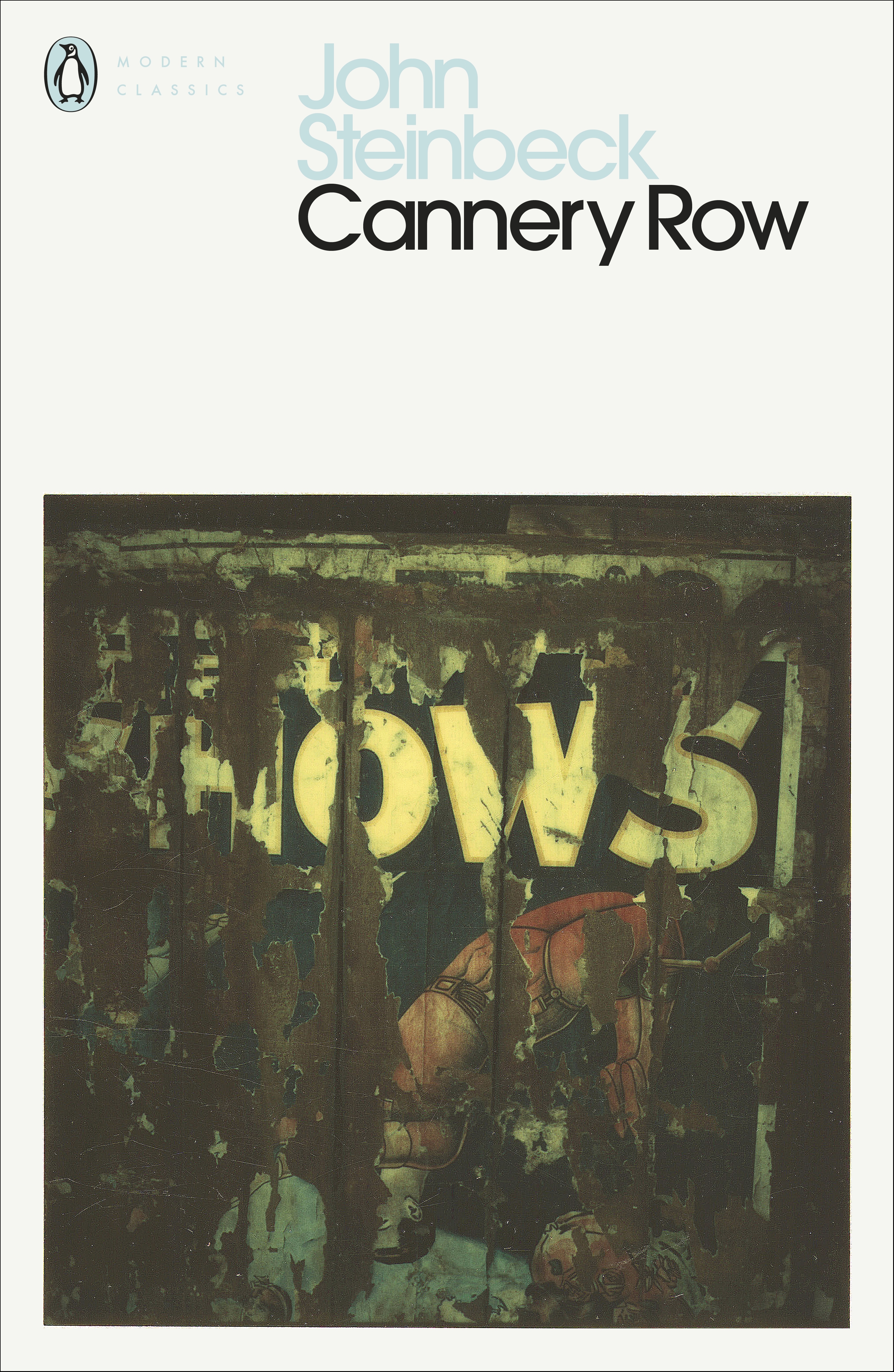Published at around the time Chavez was winning a series of Democratic Elections in Venezuela , in the name of the Bolivarian Revolution.
The Books timely appearance with the modern Bolivarian revolution playing out makes for a captivating metaphor for the choices of Hugo Chavez to quit having established the foundations of getting rid of the Monrovian Doctrine that blighted the continent in the 20th and early 21st Centuries or to keep continuing , albeit with plebiscites , to perpetually amend the constitution to perpetually continue the terms an incumbent can continue in the top office.
This Book details a semi-fictional account of Simon Bolivars last journey , a tale of waning physical and political power at a time when Chavez himself had a crossroads to navigate , to bow from power and leave a solid legacy for the development of the current Bolivarian Movement or to hold on to power personally and create a situation when one mans ego makes a whole movement whimper and peter out having lost its roots and goals and , ultimately, direction.
The book contains great insights to many of Bolivars liberation struggle observations that are universal in space and time like on page 122 we find "Europeans believe only what Europe invents id good for the entire universe , and everything else is detestable." A Euro-centric trait that even amongst the European Left today makes them judge ( or more accurately mis-judge) the sentiments and aspirations of freedom and liberation struggles in non-European societies.And more importantly , on page 221 ,an observance that should be a remedial motto for the elites and leaderships of nations that do win the struggle against decolonisation in the new world order "I despise debt more than i do the Spanish"
The video below has an interview with Isabel Allende on the inspiration of Marquez for South American Culture and Politics.
Wednesday, November 25, 2015
Thursday, November 19, 2015
CANNERY ROW by JOHN STEINBECK
This vignette of the lives and trails of an American Factory Community was published as WW2 was drawing to a close.It was based on Monterry Califrornia , a place very familiar to Steinbeck.
It features very ordinary characters at a time when America was approaching an age when things for small community America would never be the same again.This very intelligent review by Thom Hartmann paints an interesting scene of the subtly changing political landscape as these people got on with the hard day-to-day business of coping in an inceasingly harsh environment.
It features very ordinary characters at a time when America was approaching an age when things for small community America would never be the same again.This very intelligent review by Thom Hartmann paints an interesting scene of the subtly changing political landscape as these people got on with the hard day-to-day business of coping in an inceasingly harsh environment.
"On the other hand, one could argue that the book is entirely political - today - because it shows us a slice of America before the Great Corporate Homogenizers got ahold of us.
Before we walled ourselves into our highly-mortgaged houses to stare for hours, alone, at our TVs, eating the mental gruel of multinational corporations who profit from wars.
Before our highest ideal - our "American Dream" - was to build up a small business so we could sell it off to Disney, as did the woman Bush congratulated in his State of the Union speech, but when the real American Dream was grounded in community, safety, friendship, and a healthy acceptance of eccentricity."The review in the video below gives an ample example of the appeal of this novel for the new reader.
Monday, November 16, 2015
COLD COMFORT FARM by STELLA GIBBONS
Maybe funny when written in the early 1930s , a bit like watching Monty Python nowadays , its humour has not aged well.It deserves due credit for satirising and mocking the classic , almost critically untouchable , Novels on the 19th century but it is itself a parody of what constituted top-down humour of the wit of old high class educated self-declared arbiters of taste patronising the lower orders to what values to aspire.
It is a fitting endnote that two sequels to the Novel were both flops , which probably ties in with the readers of the 40s and 50s already out-growing the age of having culture , especially humour , being spoon fed from top-down by the class system and instead embracing the humour of the grassroots developing their own thoughts, ideas, opinions and ultimately cultural and political agendas as this review from the Guardian Paper tentatively alludes.
It is best to end with a review from someone who likes the Book , though even he admits it has aged somewhat.
It is a fitting endnote that two sequels to the Novel were both flops , which probably ties in with the readers of the 40s and 50s already out-growing the age of having culture , especially humour , being spoon fed from top-down by the class system and instead embracing the humour of the grassroots developing their own thoughts, ideas, opinions and ultimately cultural and political agendas as this review from the Guardian Paper tentatively alludes.
It is best to end with a review from someone who likes the Book , though even he admits it has aged somewhat.
Saturday, November 14, 2015
THE INTERPRETATION OF MURDER by JED RUBENFELD
The first fiction ive read that apologises for getting its facts wrong at the end.The hatchet job on Jung still wrankles.From my small understanding Jung positions have held out better than Freuds.
This review gives a fair appraisal of the Book as a light enjoyable read
This review gives a fair appraisal of the Book as a light enjoyable read
Friday, November 13, 2015
THE WINTER OF OUR DISCONTENT by JOHN STEINBECK
This was the last of his novels , published just before he was awarded the Nobel Prize.
A tale of what he regarded as a morale decline the American Culture , though it has to be said that it was also a landmark to his own moral decline that led the man who wrote Grapes of Wrath in the late 30s to an outspoken supporter of the Vietnam War and critic of the Anti-War Artists and Writers in the mid to late 60s.
The plot is nuanced , so that much sympathy can be directed towards the main character that will do a ghastly deed against his person and soul for a trifling advantage.On page 90 we get some hometown advice about dealing with difficult situations that linger in the mind " ...cant push it out of mind...instead , remember it from start to finish whenever it comes and then youll slowly forget bits of it over time" and on page 93 we find the protagonist trying to justify to himself but realising "...no one wants advice-only corroboration."
And having sold out he tries to return to normal , having failed to satisfactorily convince himself on page 164 "...People buy from People they know.Its called goodwill and it works." , In the end the End does justify the means of this depraved morality the lead falls into on page 187 "...Success and Strength are above morality , above criticism."
The video below has a panel discussing the themes of the Book:
A tale of what he regarded as a morale decline the American Culture , though it has to be said that it was also a landmark to his own moral decline that led the man who wrote Grapes of Wrath in the late 30s to an outspoken supporter of the Vietnam War and critic of the Anti-War Artists and Writers in the mid to late 60s.
The plot is nuanced , so that much sympathy can be directed towards the main character that will do a ghastly deed against his person and soul for a trifling advantage.On page 90 we get some hometown advice about dealing with difficult situations that linger in the mind " ...cant push it out of mind...instead , remember it from start to finish whenever it comes and then youll slowly forget bits of it over time" and on page 93 we find the protagonist trying to justify to himself but realising "...no one wants advice-only corroboration."
And having sold out he tries to return to normal , having failed to satisfactorily convince himself on page 164 "...People buy from People they know.Its called goodwill and it works." , In the end the End does justify the means of this depraved morality the lead falls into on page 187 "...Success and Strength are above morality , above criticism."
The video below has a panel discussing the themes of the Book:
Subscribe to:
Comments (Atom)


